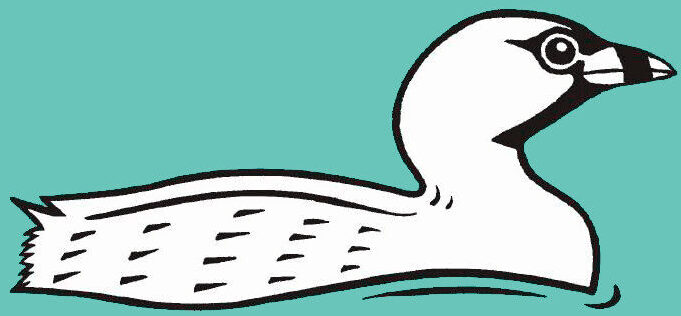What has not been said about this national resource?! We 22 set out – not for us the duck or goose preservation ponds – but into raw boned and wild, windy bird hides. We had to break ourselves in slowly – the luxury and heating of the Peng observatory was just the job. From behind clear glass we were afforded close views of Bewick Swan, the youths in a pleasing grey plumage with the magnificent adults in almost ‘brilliant white’. The Tufted Duck and Pochard were ducking beneath the surface creating a mad flurry by frantic paddling of webbed feet in their haste to hoover up the last of that morning’s feed. From just outside the window slots of the Rushy hides there were many male and female Pintail. At the back of the ponds a small troop of Teal crept from rush bed to rush bed, so noticeably smaller in comparison to the many Shelduck, and the rotund “lump” of a single, very brown hybrid Ruddy – Cape Shelduck. Moving along to the Martin Smith hide one sharp-eyed watcher spied a Snipe in the grass and on the banks a Black-tailed Godwit feeding to the depth of that strikingly long bill. Along at the Robert Garnett hide we found half a dozen Curlews and the fields full of Greylag Geese, Lapwings, and hiding away at the back by the pollarded willows, a small group of White-fronted geese. At the Holden Tower we saw an aerial swirl of several hundred Golden Plovers, three stately Common Cranes feeding and three Great-Black-backed Gulls asleep on the mud. When everything suddenly got up we knew a raptor would be somewhere and, sure enough, a Peregrine swished past. Along to the Zeiss hide for, we hoped, a Bittern but, alas, none on show. However, our reward was a sharp red billed Water Rail, a ball of feathers that resolved into a Buzzard and away among the Wigeon and Lapwing some Dunlin foraging in the grass. At our penultimate stop – the Kingfisher hide – provided not only the eponymous bird but a Little Grebe and Greenfinch. After a tortuous slog to the South Lake hide only Grey Heron, Cormorant, and Great Crested Grebe could be added to our list. However, with a total of 62 species, not a bad days birding. Thanks to Gordon Youdale for escorting us most of the way, smoothing our entry, and making the morning most rewarding by pointing out some unseen treasures.
